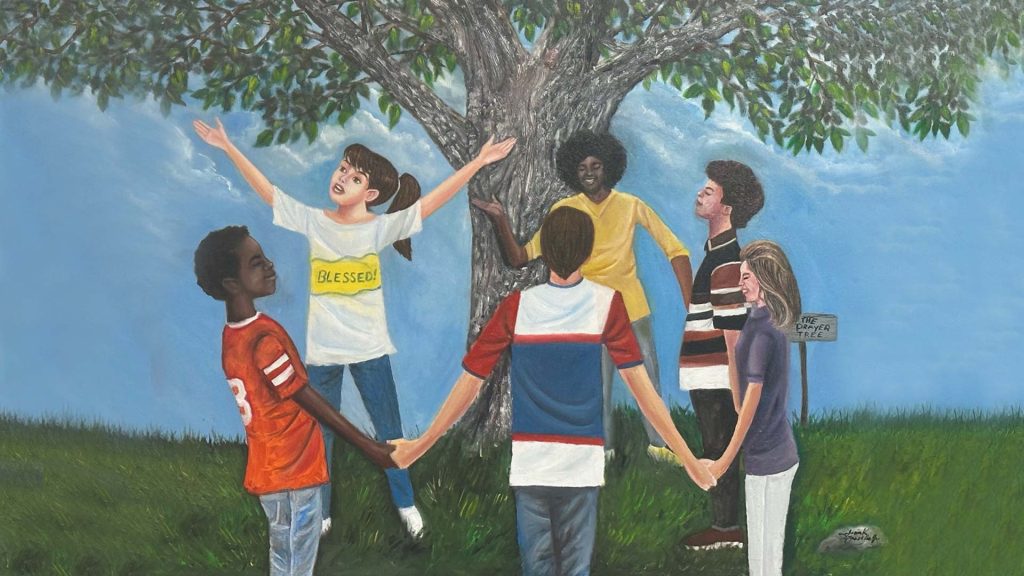“RELIGIOUS FREEDOM: ADVOCATE FOR CHRISTIAN VIRTUES OF
FAITH, HOPE, AND LOVE”
“And now these three remain: faith, hope and love. But the greatest of these is love.” 1 Corinthians 13:13.
“I am the way, the truth, and the life.” Jn 14.6.
It is through our faith in God, our hope in His everlasting love for us and for our everlasting life with Him, and our acceptance of the new covenant to love one another as He loves us, that we are freed from all sins, iniquities, and transgressions done by us and against others that damage our souls and hinder our tranquility and peace.
Of the three theological virtues – faith – hope – love, love translated from the original Greek as charity, is the greatest of these. Love, as a noun, is a joyful reality. It is a benevolent concern for another, a term of endearment. But love as a verb is a much stronger expression. It necessitates action. God’s express intention for love is as an active love not a passive one. The highest level of love is to extend oneself for the benefit of another without regard to personal cost. It is a love most demonstrable by saints. That is love as personal sacrifice, its greatest expression.
Children in joyful prayer is the most innocent and warming expression of worship we can imagine.
At that time the disciples came to Jesus and asked, “Who, then, is the greatest in the kingdom of heaven?” He called a little child to him and placed the child among them. And he said: “Truly I tell you, unless you change and become like little children, you will never enter the kingdom of heaven. Therefore, whoever takes the lowly position of this child is the greatest in the kingdom of heaven. And whoever welcomes one such child in my name welcomes me.” (Matthew 18:1–5, New International Version).
Jesus often used things in His environment to teach spiritual truth. In this case, Jesus referred to the children in the crowd to make an important point.
“Who is the greatest in the kingdom of heaven?”
It seems like a simple question. From the disciple’s religious context, they likely would have answered, “One who keeps the law.” No one answered—probably because they’re all waiting for Peter to give the wrong answer. Meanwhile, Jesus calls a child over and tells them:
“Truly I tell you, unless you change and become like little children, you will never enter the kingdom of heaven.”
There’s a lot of conjecture about what Jesus meant. Are we supposed to become naïve like children? Do we need childlike trust? Luckily, we don’t have to guess what Jesus meant.
Children didn’t have many rights in the first century. They could be dispensed of like broken furniture. Kids were seen and not heard. We see this in Luke 18 when parents were bringing their infants to be blessed by Jesus, and the disciples try and chase them away. In their opinion, the Lord had more important things to do.
Jesus uses this opportunity to reiterate one of His most common points about godly leadership. Like children, kingdom-minded leaders shouldn’t be jockeying for position, looking to have power over others, or worrying about how people perceive them. They should serve God by serving others.
SVB Interests, at a minimum is committed to energetically preserving our rights to freedom of worship as promised in our constitution. We are committed to expressing these theological virtues in our commercial and charitable endeavors.


